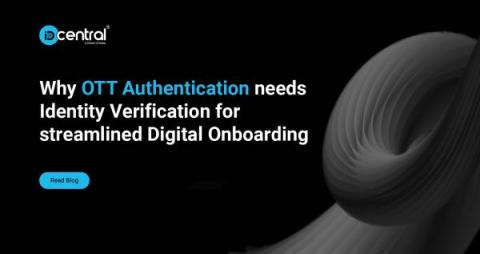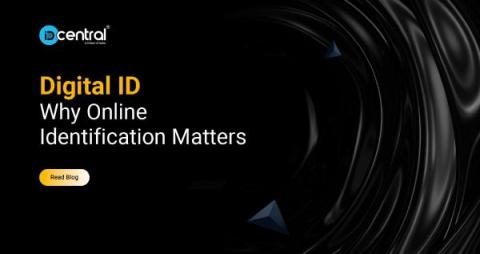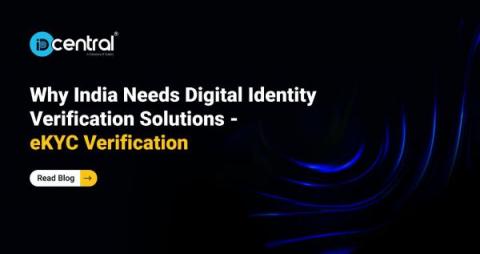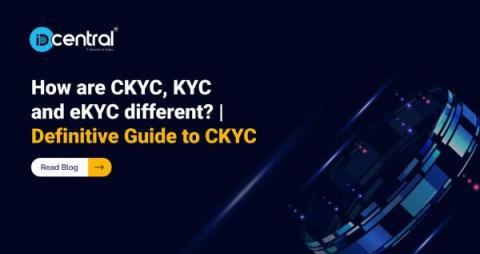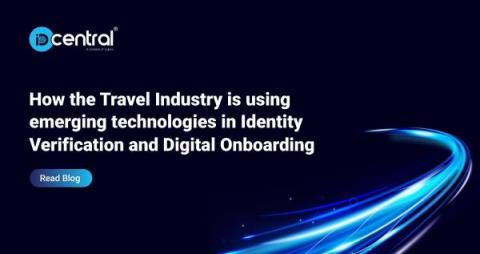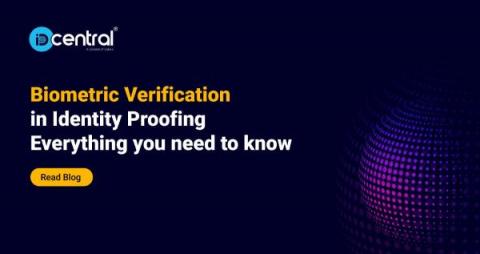Why OTT Authentication needs Identity Verification for Streamlined Digital Onboarding
The digital world has undergone a paradigm shift as a result of the worldwide pandemic, which has changed the way broadcasters deliver content to their users. The digital media business, OTT streaming and OTT communications have surely transformed everyone’s leisure time with the enormous rise in viewership and online users in recent years.


